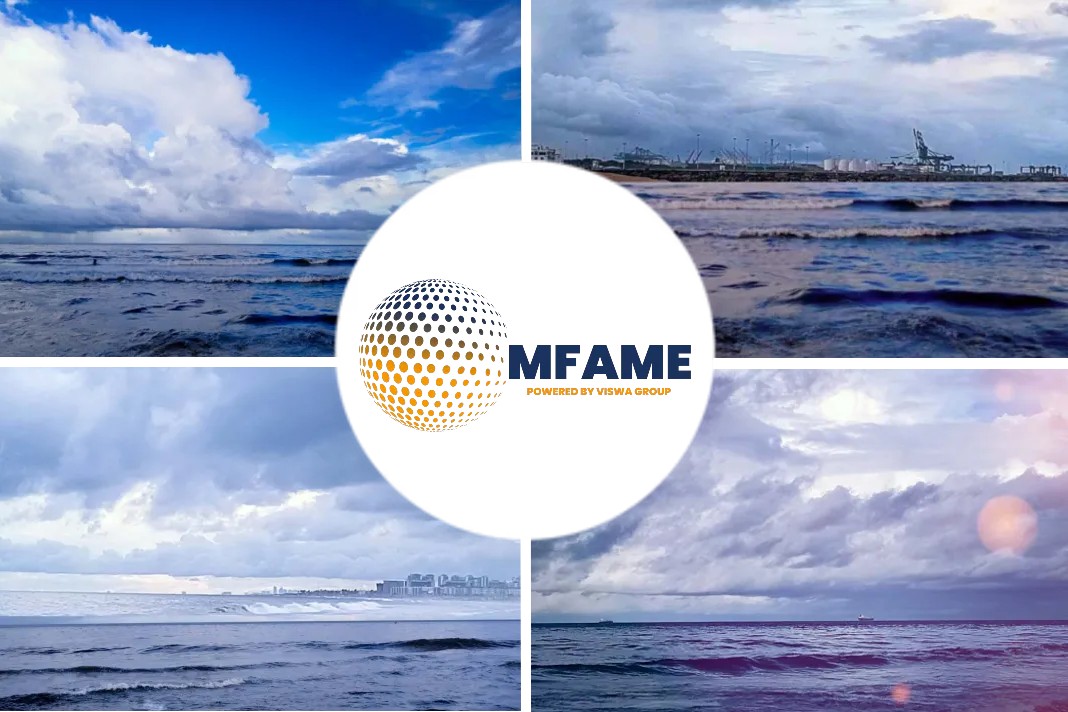
Online cargo platform SHIPNEXT has secured a multi-year grant from Flanders Innovation & Entrepreneurship (VLAIO) to strengthen the adoption of predictive analytics and Artificial Intelligence (AI) in the supply chain.
Ambitious Project
The cargo platform will reportedly receive an initial grant of €400,000 ($422,000) in the coming months. SHIPNEXT intends to embark on an ambitious project to develop a supply chain volatility forecast, helping the platform’s users to understand likely transportation costs several weeks in advance, as well as anticipated demand for shipping assets. For specialist commodity trade-related analytics, a new algorithm will be developed that will make use of numerous freight matrices and data sources.
Natural language processing, machine learning, big data analysis, and predictive analytics will be used in the project, which was primarily created for customers moving commodities such as steel, coal, chemicals, and agricultural items. VLAIO will give additional financing over the next five years in order to foster entrepreneurship in the Flanders area by providing financial assistance to innovative enterprises.
Digital Transition
Alexander Varvarenko, Founder and CEO of SHIPNEXT, said: “Back in 2016, SHIPNEXT saw that the shipping industry was drowning in emails – it was obvious that processing freight requests manually could not go on forever. For that reason, we embarked on a digital transition for the shipping business. First, we patented the process of extracting cargo, fleet and shipping data from emails using digital algorithms and AI-driven technology in order to facilitate instant freight-matching and automation of workflows.
“Thanks to VLAIO support, we will now be able to take our offering to the next-level – helping users accurately anticipate freight rates and demand for ships ahead of time. The culmination of our project will be a highly accurate forecast of freight market volatility, thereby leading to more sustainable supply chains, both in Europe and internationally.”
Did you subscribe to our daily newsletter?
It’s Free! Click here to Subscribe!
Source: Porttechnology
















